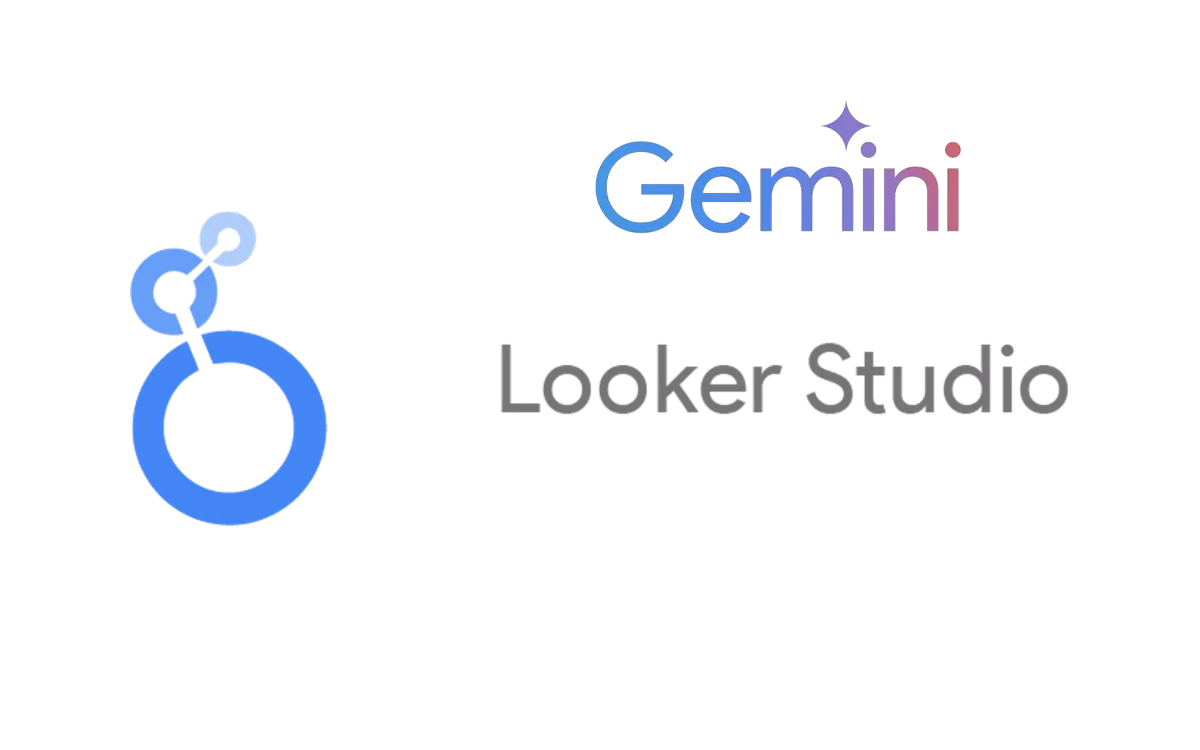
Google this week announced significant enhancements to Looker Studio, introducing AI-powered features that aim to streamline data analysis and presentation for business users. The update, which is part of the Gemini in Looker initiative, brings new capabilities to Looker Studio Pro subscribers, focusing on automated report generation and simplified data field creation.
According to the release notes published by Google, the new features include the ability to generate Google Slides presentations directly from Looker Studio content and create calculated fields using natural language prompts. These additions are designed to make data analysis more accessible and efficient for users who may not have extensive technical expertise in data manipulation or visualization.
The Gemini in Looker functionality is currently in a preview stage, which means it is subject to the "Pre-GA Offerings Terms" as outlined in Google's Service Specific Terms. This status indicates that while the features are available for use, they may have limited support and are provided "as is" without full guarantees of stability or completeness.
One of the key features introduced is the ability to create Google Slides presentations from Looker Studio reports. This tool allows users to select either all visualizations or specific components from a Looker Studio report and automatically generate a formatted presentation. The system not only transfers the visual elements but also creates textual summaries for each chart, providing context and insights alongside the data visualizations.
The process of generating slides is straightforward. Users can access the Gemini panel within Looker Studio and choose to create a presentation with all visualizations or select specific components. The resulting presentation includes a title slide, individual slides for each chart with summaries, and a closing slide. This feature aims to save time for analysts and presenters who regularly need to create reports from their data visualizations.
Another significant addition is the AI-assisted creation of calculated fields. This feature enables users to describe the type of field they want to create using natural language, and Gemini in Looker will suggest an appropriate formula using available data source fields and Looker Studio functions. This capability is particularly beneficial for users who may not be familiar with the intricacies of Looker Studio's formula language or data manipulation techniques.
To use these new features, users must meet certain prerequisites. They need to be Looker Studio Pro subscribers, and Gemini in Looker must be enabled for their Looker Studio project. Additionally, for the Slides generation feature, users must install the Looker Studio add-on for Google Workspace.
Google has emphasized the responsible use of AI in these features. The company states that Gemini in Looker does not use user prompts or its responses as training data for the AI model. However, they caution that as an early-stage technology, Gemini in Looker may sometimes generate plausible but factually incorrect output. Users are advised to validate all AI-generated content before use.
The introduction of these AI-powered features raises questions about the future of data analysis and reporting tools. How will the integration of AI assistants change the workflow of data analysts and business intelligence professionals? Will the ability to generate presentations and complex calculations with natural language prompts democratize data analysis within organizations?
From a technical standpoint, the new calculated fields feature uses natural language processing to interpret user requests and translate them into Looker Studio's formula language. This involves a complex process of understanding the intent behind the user's description and mapping it to available data fields and functions. The system must also consider the context of the data source and the limitations of what can be achieved with calculated fields in Looker Studio.
The Slides generation feature, on the other hand, involves not only the transfer of visual elements but also the generation of textual summaries. This requires a sophisticated understanding of data visualization and the ability to extract meaningful insights from charts and graphs. The AI must analyze the data, identify trends or key points, and articulate these findings in clear, concise language suitable for presentation.
Google has implemented several limitations and safeguards in these new features. For instance, summaries will not be generated for non-visualization report components, visualizations with less than three data rows, or those based on blends. There's also a cap on the number of visualizations that can be processed to prevent system timeouts.
The company has also built in a feedback mechanism, allowing users to upvote or downvote the generated results. This feedback loop is crucial for improving the AI's performance over time and identifying areas where the system may be falling short.
As with any AI-powered tool, there are potential implications for data privacy and security. Google assures users that the Gemini in Looker features do not use prompts or responses to train the AI model, which may alleviate some concerns about data confidentiality.
Key facts
Released on September 5, 2024
Available for Looker Studio Pro subscribers
Includes AI-assisted Google Slides generation from Looker Studio reports
Offers natural language creation of calculated fields
Currently in preview stage with limited support
Does not use user data to train the AI model
Requires Gemini in Looker to be enabled for the Looker Studio project
Supports over 50 languages for brand safety standards
Includes a user feedback mechanism for generated content
Has limitations on summary generation for certain types of visualizations
Cautions users to validate AI-generated output before use

